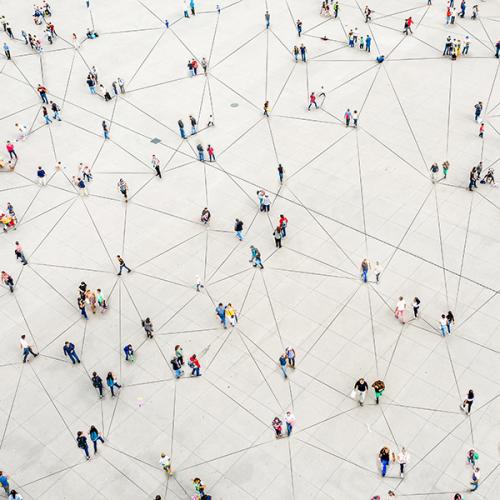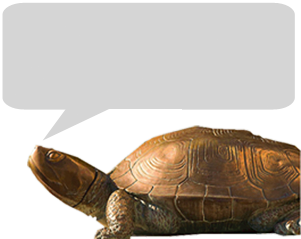Researchers Look to Human ‘Social Sensors’ to Better Predict Elections, Other Trends
Researchers Look to Human ‘Social Sensors’ to Better Predict Elections, Other Trends
 Professor Frauke Kreuter of UMD's Joint Program in Survey Methodology and of the Ludwig-Maximilians-University of Munich is a co-author on a new perspective piece in Nature that describes how human interactions and social awareness may be able to fill in gaps where surveys and other scientific analyses of human behavior fall short. The authors call this phenomenon “social sensing.”
Professor Frauke Kreuter of UMD's Joint Program in Survey Methodology and of the Ludwig-Maximilians-University of Munich is a co-author on a new perspective piece in Nature that describes how human interactions and social awareness may be able to fill in gaps where surveys and other scientific analyses of human behavior fall short. The authors call this phenomenon “social sensing.”
Election outcomes are notoriously difficult to predict. In 2016, for example, most polls suggested that Hillary Clinton would win the presidency, but Donald Trump was ultimately the winner. Researchers cite multiple explanations for the unreliability in election forecasts—some voters are difficult to reach, and some may wish to remain hidden. Among those who do respond to surveys, some may change their minds after being polled, while others may be embarrassed or afraid to report their true intentions.
In the paper, corresponding author Mirta Galesic, M.S. JPSM ’05, of the Santa Fe Institute and her collaborators propose a surprising way to get around these shortcomings in survey design — not just in the world of politics, but in other types of research as well. While it’s widely assumed that cognitive bias clouds our assessment of the people around us, their research and that of others suggests that in fact, our estimations of what our friends and family believe are often accurate.
“We realized that if we ask a national sample of people about who their friends are going to vote for, we get more accurate predictions than if we ask them who they’re going to vote for,” Galesic said. “We found that people are actually pretty good at estimating the beliefs of people around them.”
That means researchers can gather highly accurate information about social trends and groups by asking about a person’s social circle rather than interrogating their own individual beliefs. That’s because as highly social creatures, we have become very good at sizing up those around us—in other words, we’re good at social sensing.
When people are selected to represent a particular group, their perceptions, combined with new computational models of human social dynamics, can be used to identify emerging trends and better predict political and health-related developments in particular, the team writes. This approach, combining elements of psychology and sociology, can even be harnessed to devise interventions that “could steer social systems in different directions” after a major event, such as a natural disaster or a mass shooting, they suggest.
“I really hope human social sensing will be included in the standard social science toolbox, because I think it can be a very useful strategy for predicting and modeling societal trends,” Galesic said.
Professor Kretuer said that she has observed the phenomenon in projects related to the COVID-19 pandemic.
“We have seen the potential of human as sensors also in the context of the COVID Trends and Impact Survey conducted in partnership between UMD, Carnegie Mellon University and Facebook. Here, the indicators of COVID-like symptoms in the respondents’ community was one of the strongest predictors in the forecasting models,” Kreuter said.
Other co-authors on the perspective piece are Jonas Dalege, Henrik Olsson, Daniel Stein, and Tamara van der Does of the Santa Fe Institute, as well as Wändi Bruine de Bruin (University of Southern California), Jonas Dalege (Santa Fe Institute), Scott Feld (Purdue University); Henrik Olsson (Santa Fe Institute); Drazen Prelec (Sloan School of Management, MIT); Daniel Stein (New York University, Santa Fe Institute; and Tamara van der Does (Santa Fe Institute).
Funding partners on related work include the National Science Foundation and the United States Department of Agriculture, National Institute of Food and Agriculture.
June 30, 2021
Prev Next
Connect
Did You Know

UMD is the only major public research university inside the Washington, DC beltway!!
